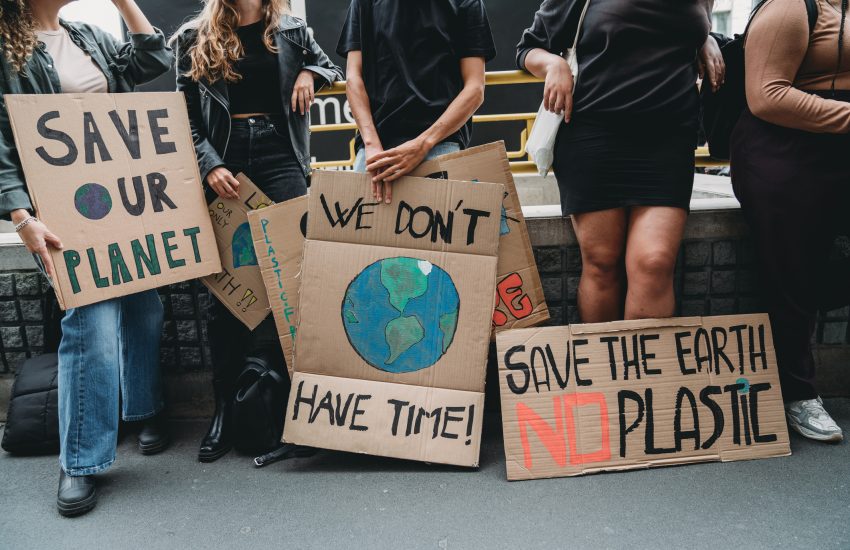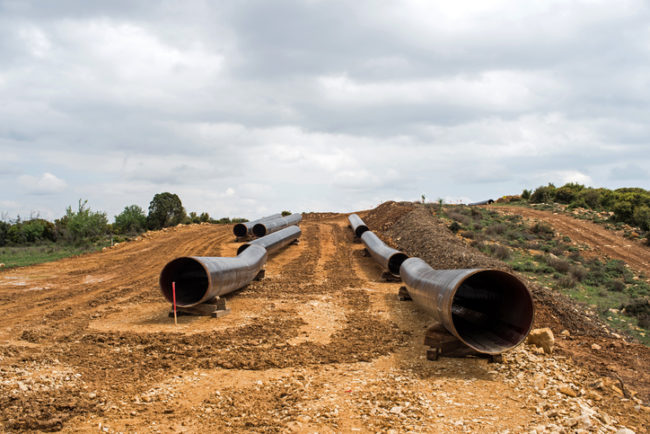In what could be the start of a national trend, a state court judge recently ruled that Montana’s government must do more to protect the state and its residents from climate change.
State District Judge Kathy Seeley, citing a state constitutional right to a clean environment, ruled in favor of a group of youth plaintiffs and invalidated a pair of laws prohibiting state agencies from considering the effects of greenhouse-gas emissions. According to Judge Seeley, “[t]he degradation to Montana’s environment, and the resulting harm to Plaintiffs, …
Continue Reading









